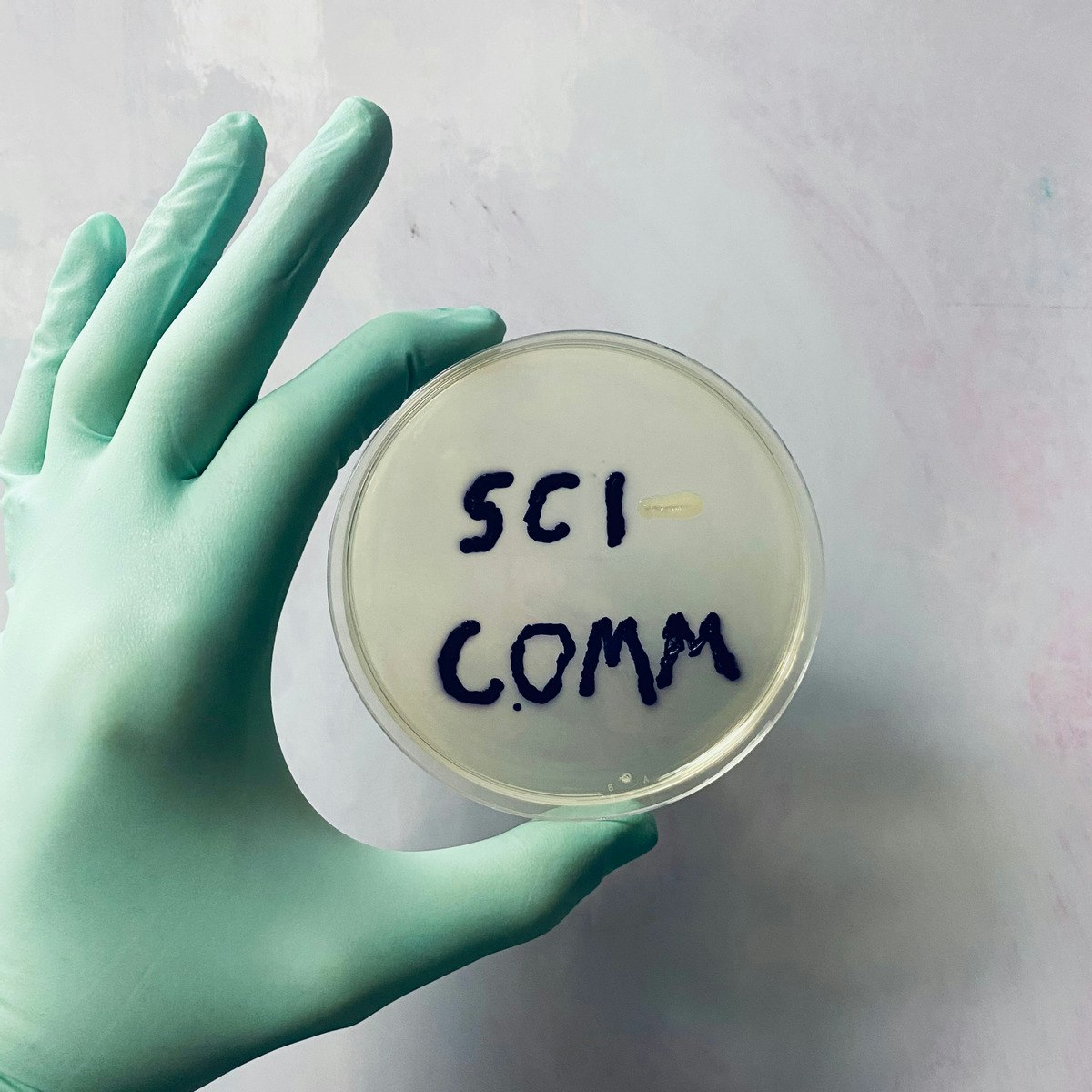Designing Effective Science Communication
Overview
Although many would prefer to leave science in the past and no longer engage with it once completing compulsory science classes in school, the reality is that engaging with science is an integral part of our daily lives. Moreover, for the safety and wellness of human society, it is necessary to engage with scientific information. We are faced with the necessity of examining scientific evidence on topics ranging from conservation to public health and make decisions that impact not only our families but those around us. However, in spite of decades of science education reform and dedicated efforts to improving science literacy, many members of the general public lack the confidence, skills, or interest in engaging with scientific issues, instead choosing to align their scientific decisions with non-scientific stakeholders, such as political or pop culture figures. These problems are ongoing and destructive. How do we communicate science more effectively with the general public? With other scientists? This course is designed for scientists, science educators, and science communicators who are interested in re-thinking how we communicate science to diverse audiences, particularly to the general public. Topics include evidence-based considerations of human learning as well as effective communication through a variety of modalities, including oral presentations, written forms of communication, technology, and artistic media. The objective of this course is to equip learners with the skills needed to design and implement effective methods of science communication. Learners will be able to identify key principles of human learning that undergird science communication, describe pitfalls in “popular” avenues for science outreach, and apply best practices to science communication in a variety of media.

